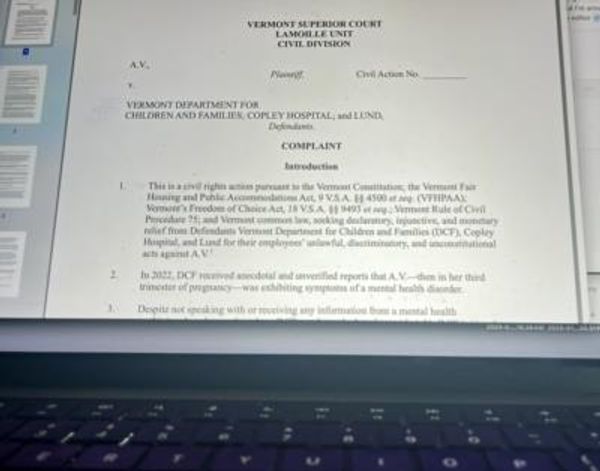
It’s that time of year, folks. The Super Bowl is here. And, with both the Eagles and the Chiefs being the two best teams in the league, there’s a strong chance this game will probably be close.
If it is a close game, that means we could get overtime. What that used to mean in the playoffs is that the team who scored first wins the game in the sudden death period.
Guess what? Not. Anymore.
Thanks to last year’s ridiculous Buffalo Bills and Kansas City Chiefs game, the NFL changed the rules so that both teams will have a chance to touch the ball, should they get to overtime.
I know that might sound a bit confusing. If it is, don’t worry. Here’s a quick explainer on how it works.
Wait, so both teams get a chance to touch the ball?
Yes, both teams will be allowed to possess the ball during overtime no matter what happens. That’s the rule for only the postseason, not the regular season, which kept the sudden-death rule.
Years ago, a team could just kick a field goal and end the game on the first possession of overtime of a playoff game. But that isn’t the case anymore. Both teams will, at the very least, have an opportunity to score.
So what if both teams score?
Great question. According to the NFL’s rules and operations site, if both teams score on their first possession of overtime and the game is still tied, then the game continues.
However, it immediately reverts back to that sudden death format. The next team to score wins the game.
So what if one team scores a touchdown on their first possession, but the other team scores a field goal?
If that happens then the team that scored the touchdown wins. Whichever has the most points after both have possessed the ball at least one time is the winner.
So let’s say the Chiefs score a field goal on their first possession of overtime, but the Eagles score a touchdown on theirs. The Eagles would be the winners of the game.
OK, OK. Got it. So what if overtime actually ends in a tie?
In the extremely unlikely event this continues to happen, the teams will keep playing overtime periods until someone wins.
There has to be a Super Bowl winner, right? They can’t just share the trophy.
Ah, Okay. Got it. Anything else to know?
Yup. Those are all the basics there. If you’re looking for more specifics or you’re still a bit confused, here are the official rules from the NFL’s rule book.
- If the score is still tied at the end of an overtime period — or if the second team’s initial possession has not ended — the teams will play another overtime period. Play will continue regardless of how many overtime periods are needed for a winner to be determined.
- There will be a two-minute intermission between each overtime period. There will not be a halftime intermission after the second period.
- The captain who lost the first overtime coin toss will either choose to possess the ball or select which goal his team will defend, unless the team that won the coin toss deferred that choice.
- Each team will have an opportunity to possess the ball in overtime.
- Each team gets three timeouts during a half.
- The same timing rules that apply at the end of the second and fourth regulation periods also apply at the end of a second or fourth overtime period.
- If there is still no winner at the end of a fourth overtime period, there will be another coin toss, and play will continue until a winner is declared.







